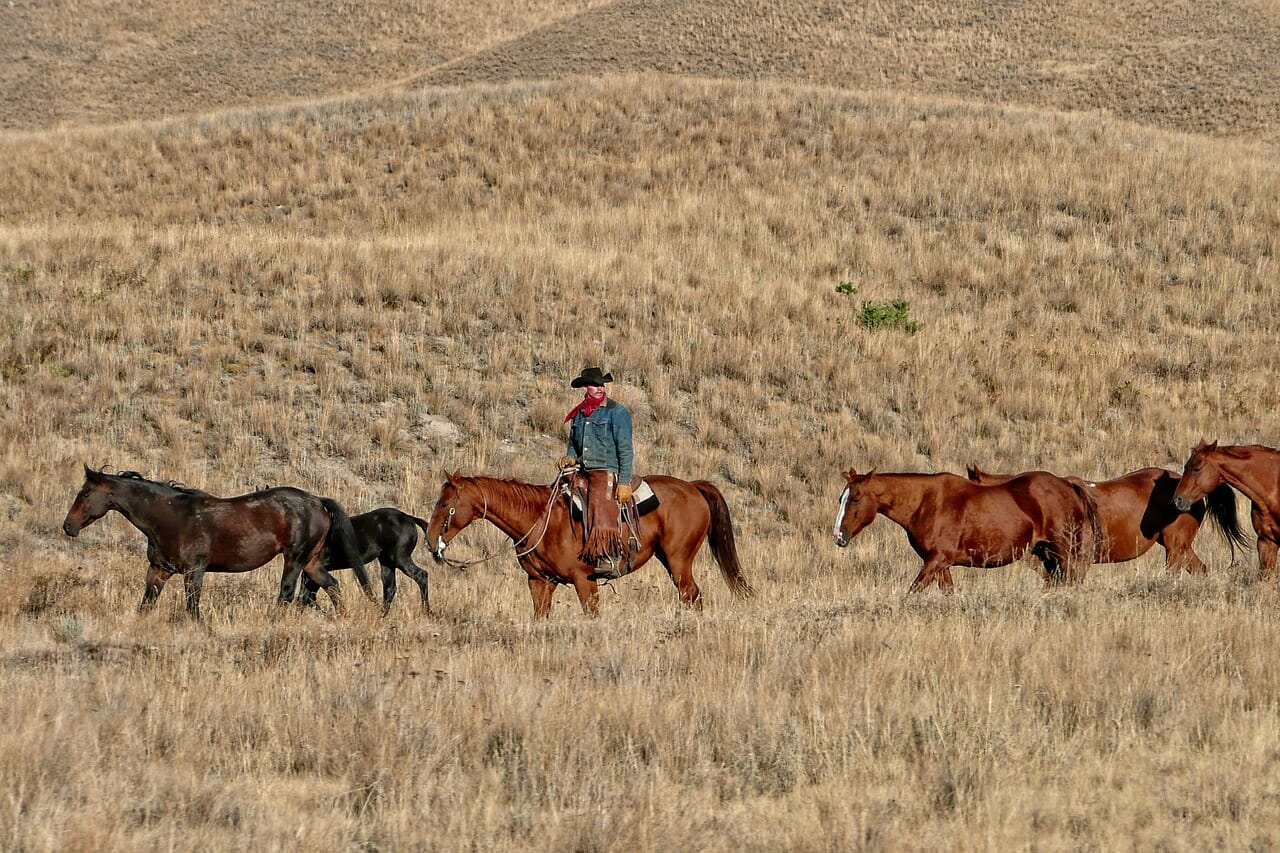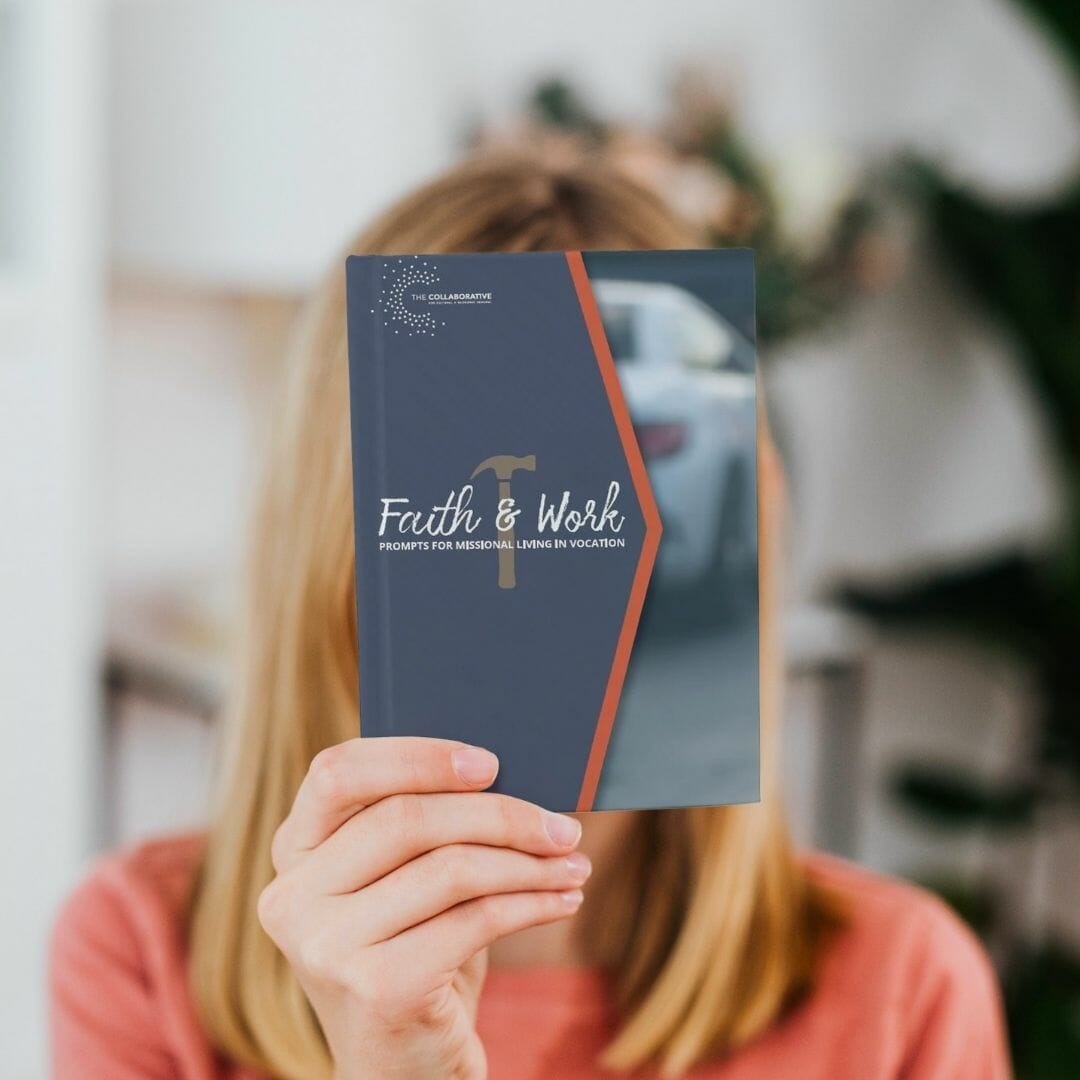Have you ever been enjoying a conversation, and someone brings up a hot new show that you did not know existed? Of course, everyone else knows about it. Characters and terms you have not even heard of start flying around the room, and you have no hope of catching them. All you can do is duck and get of out of the way of the hype plane. You smile and perhaps ask some questions, but there is a camaraderie there, a sense of excitement that passes you by. Two weeks ago, my blog post talked about the creative power that God gave to us and commanded us to use. This week, we will look at how that creative power provides essential structure to community. While there are a variety of ways that creative forces bond people together (Why do you think the Bible commands us to sing?), I want to focus on how story gives our communities structure through the examples it provides.
The Wild West has always been a mainstay of American culture. The cowboy who forges justice out in the lawless West with nothing but his six-shooter by his side is indelibly printed on the American consciousness. He shapes our culture, our way of thinking. If I call someone a cowboy, people understand something based on a massive body of artistic work. We understand the heroic loner not just intellectually but completely. The cowboy is the product of a tightly scripted Manifest Destiny whose unwinding is part of the painful throes that American culture is currently going through.
Of course, it is not just cowboys. We see the same thing written across the screen with cops who go beyond the law to bring justice, with rappers who realize that they can only rely on themselves for success, and with superheroes who, while they have a supporting cast, take ultimate responsibility for “their” city. Individualism is a powerful force in America, and it is easy to pick on.
However, any thoughtful examination of media and art reveals an underlying worldview. This has been preached for years. What I want us to understand is that it is not just the message, the moral maxim, that affects us. In fact, I would argue that is one of the least powerful aspects from a social standpoint. What affects us most from stories (whether historical or fictitious) are the characters that they create which we so often strive to emulate. Watch any child grow up, and you will realize that people not only need examples to emulate, they want examples to emulate.
Returning to Genesis 2, we see that God commands Adam to fill the earth and subdue it. This leads us to the first problem in the Bible. “It is not good for the man to be alone. I will make a helper suitable for him.” The first time we see something not good is when man is alone. God values community, and we return full circle to my previous blog when we realize that God endowed us through his image with creative power to not only mold Creation but also ourselves. Even in Adam’s first exercise of his newfound power when he named the animals, God was teaching him that man is made to be social, communal being.
There is a two-fold application to this lesson. First, what stories do you enjoy? What characters earn your applause? Who do you secretly wish you could be? I am not saying to discard every story that might be slightly dangerous. Stories are dangerous by their very nature. I am saying that we need to be aware of their potency when we are drawn into the excitement of a new narrative. Secondly, if stories are this powerful, we need to make our own and make them well. To those who have the ability to create: Create well. The kingdom needs you.
PJ Wehry is a Gotham alumnus and the co-founder of Candid Goat, a web development agency serving small businesses in Orlando.



